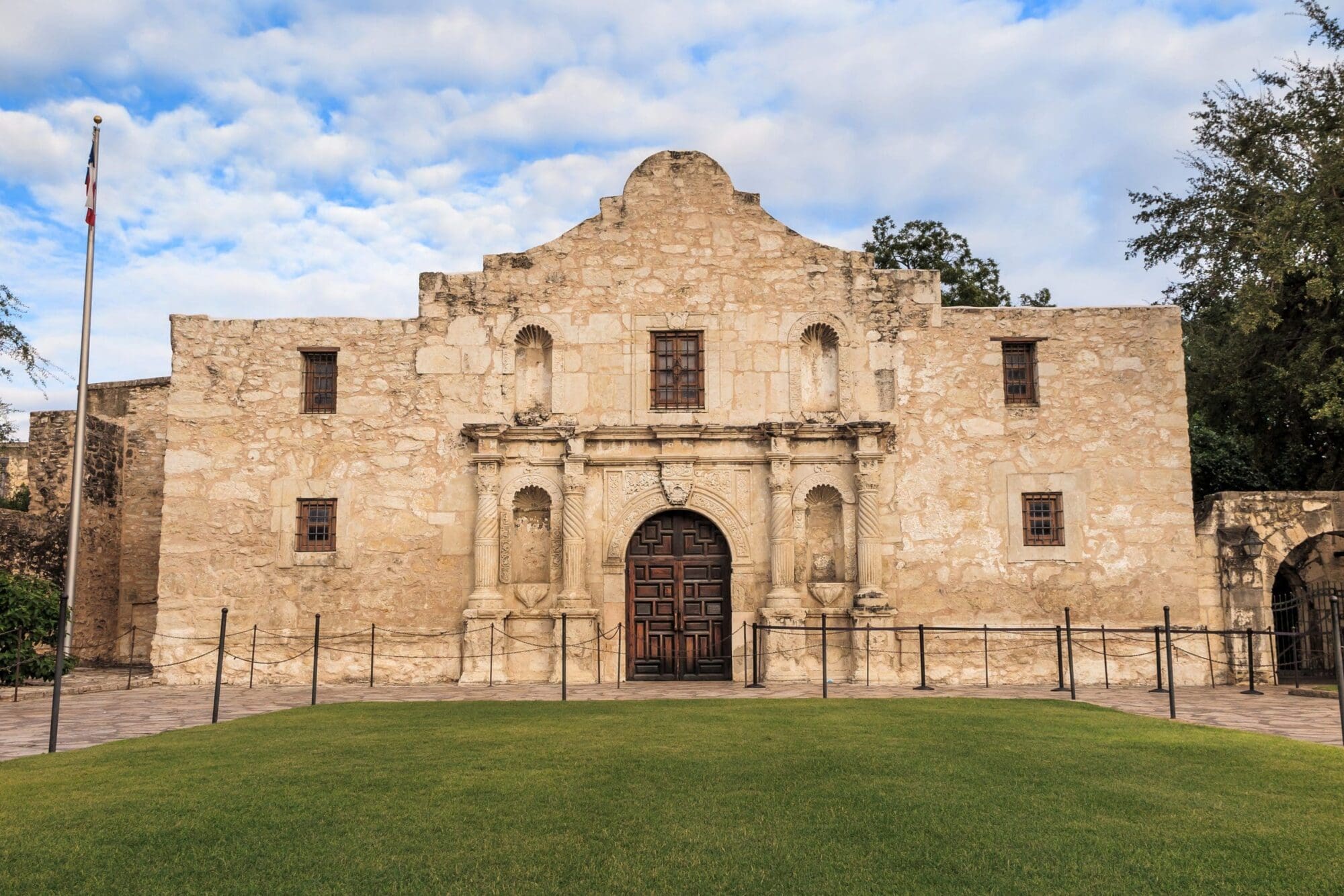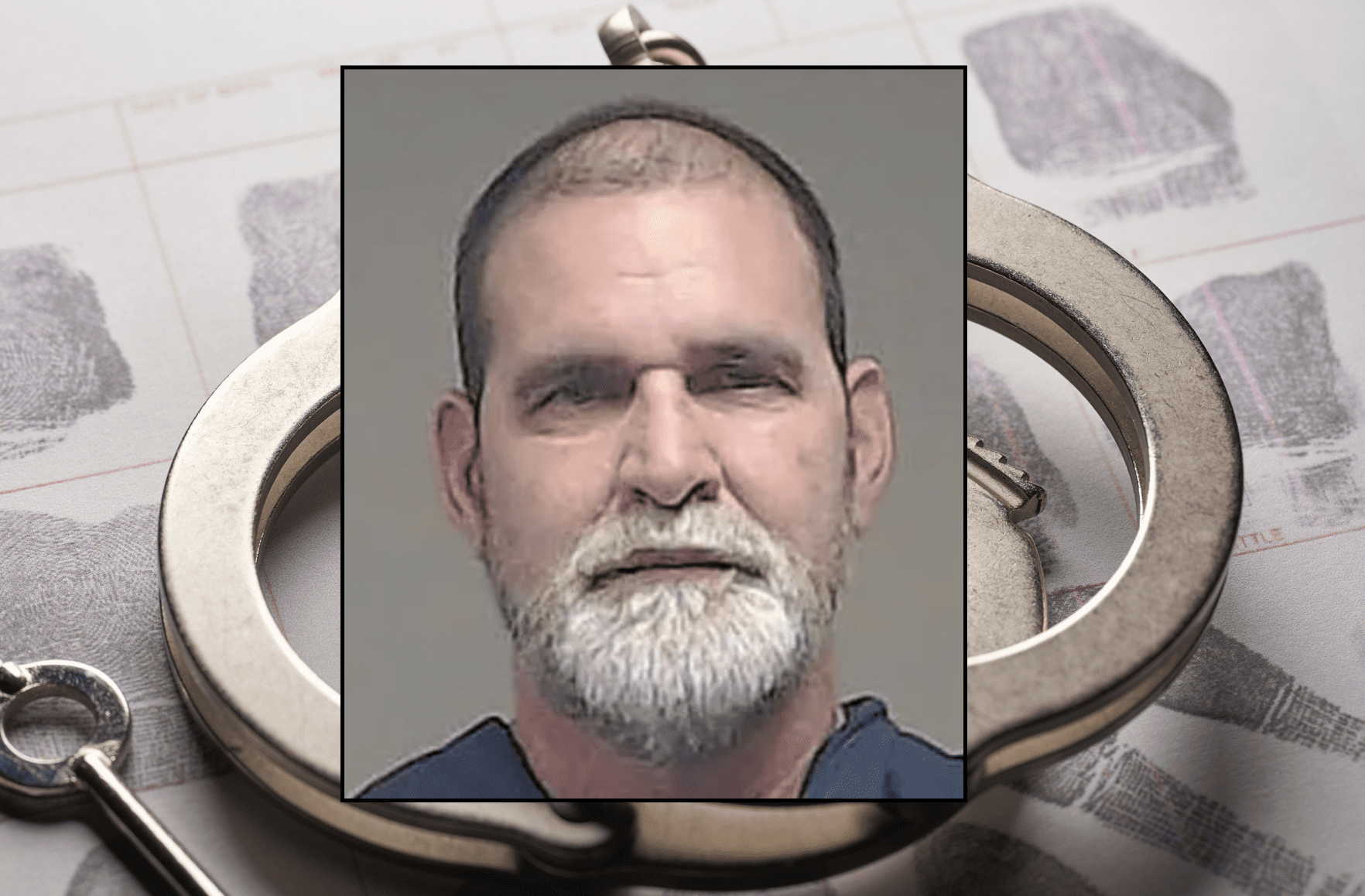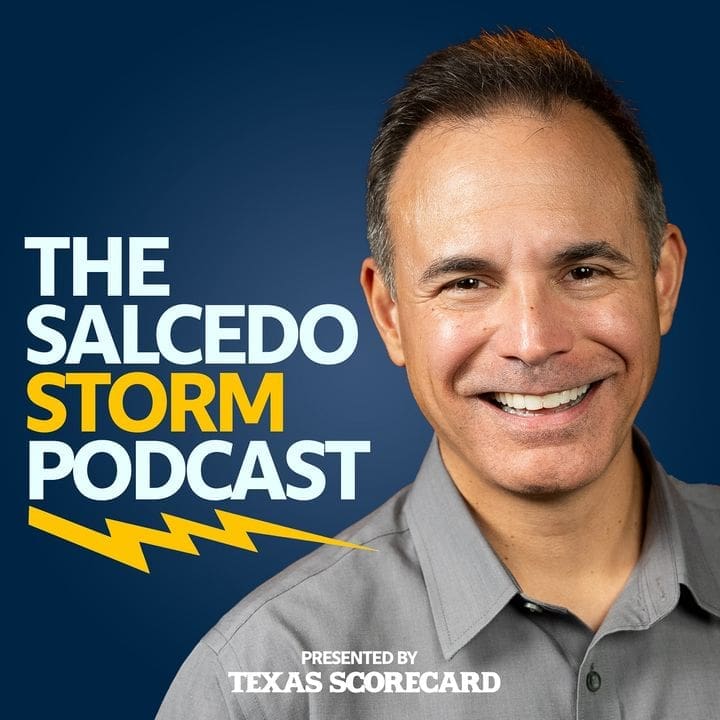Despite a lawsuit by Attorney General Ken Paxton and a Texas Supreme Court stay order, the Harris County Commissioners Court ended Tuesday’s meeting with a 4-1 vote to revive Uplift Harris, its controversial guaranteed income pilot program.
Originally, the county voted to give $500 payments for 18 months to 1,928 low-income Harris County households as selected by lottery. The county was eyeing its leftover $20.5 million in unspent federal aid from the American Rescue Plan Act (ARPA). The original intent of the ARPA money was to provide economic relief from the COVID-19 shutdowns.
Paxton sued the court on state constitutional grounds, with an indefinite stay order upheld by the Texas Supreme Court. County Judge Lina Hidalgo and Commissioner Rodney Ellis (Precinct 1) called the lawsuit “cruel”. Harris County claims, under federal requirements, that it must “commit” funds to Uplift Harris by December 31, 2024.
Ellis requested a “possible action and approval of the two options presented by the ARPA Steering Committee for Uplift Harris” which the commissioners discussed in executive session.
The first option would provide the previously chosen lottery winners with a direct debit card. Hidalgo said it would have “more targeted parameters within which the selected individuals can spend the funds” rather than the unrestricted monthly stipends previously envisioned.
“That’s not the spirit of a guaranteed income program, but it will be helpful and that would help us be able to provide those dollars that those almost 2,000 low-income families were already counting on and had budgeted for,” continued Hidalgo.
In addition to a new participant application and selection process, option two would have required a different operating vendor than GiveDirectly, which helps administer the program.
As the sole Republican, Commissioner Tom S. Ramsey (Precinct 3) cast the only “no” vote.
“From what I can read about these kind[s] of programs, they really show that unconditional cash payments, of course, being beneficial in the moment, have few positive long-term benefits according to one or two studies out there,” Ramsey said.
A three-year study by the National Bureau of Economic Research found that general basic income recipients did significantly worse in income, disability claims, and unemployment. Its participants received $1,000 for 36 months – twice as much and as long as Harris County’s revived proposal. Described as “the largest unconditional cash transfer program evaluated by a randomized controlled trial (RCT) in the U.S. to date in terms of the amount disbursed,” the study spanned ten counties in north central Texas, including the Dallas area.
Hidalgo also went viral for her hostile comments toward Commissioner Ramsey when he tried to register a vote on a different matter earlier that evening.
The other commissioners preferred option one, with Hidalgo rebranding the program as “Uplift 2.0” upon introducing the motion. Court members asked Harris County Public Health and the county attorney’s office to amend GiveDirectly’s contract.
Noting the looming deadline, Hidalgo stated, “This option will allow us to get the funds to them, possibly, if the state allows it, if the courts allow it, as quickly as possible. Unfortunately, that ‘Quickly as possible’ is four months.”
“There’s nothing stopping the state from suing us again, even under this program,” Hidalgo concluded at the meeting. “We believe that this should really quash any potential argument that it does not stand up to the law.”
Paxton’s office could not be reached in time for publication for comment.
No ads. No paywalls. No government grants. No corporate masters.
Just real news for real Texans.
Support Texas Scorecard to keep it that way!





